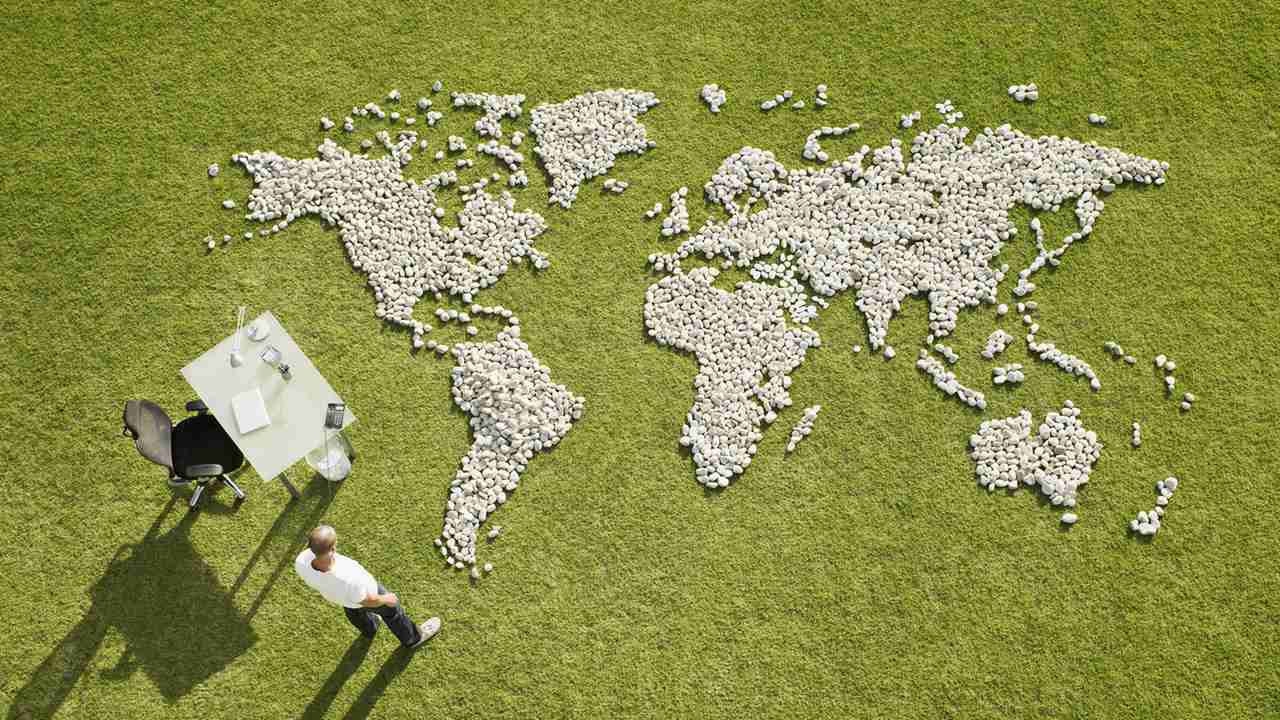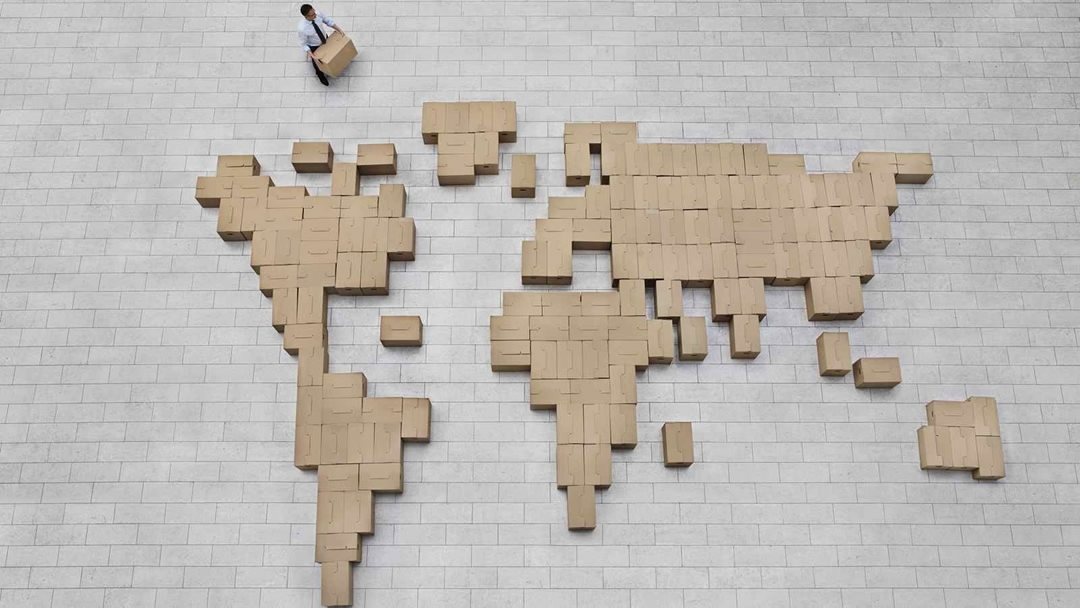
Business
20:12, 10-Apr-2018
Experts: Current tough words are not necessarily translated into a global threat
By CGTN’s Wang Yue

The trade friction between two largest economies in the world does not necessarily translate into a global threat in the near term, according to Stephen Groff, Vice President of the Asian Development Bank for East Asia, Southeast Asia and the Pacific.
Groff believes that both China and the US will see short-term impacts on economic growth, but “it’s not going to be a huge drag on global growth [in the] immediate term,” Groff said.
“I think it’s important to keep in mind that right now it’s words. I certainly hope it won’t be translated into actions. There is so much mutual dependence between these two countries because their economies are so intertwined. To disentangle those shared interests is going to take a lot of work and do a lot of damage to the economic potential for both countries,” Groff explained.

In fact, Chinese export-oriented companies have been impacted and began to transfer their focus to the domestic market, based on Sherri He, Partner of A.T. Kearney Greater China. If a trade war really takes place, the auto industry will be the most obviously influenced sector, He told CGTN.
“The price is going to largely increase if a trade war really occurs. That would have an impact not only on American brands but also on some Germany brands producing in the US,” she said.
She added that the significant part of the tariff list from the US side belongs to processing, assembling and packaging industry, where American companies, such Apple, gain huge profits and competitiveness. If these are taken out, the deficit would be much less, he added.
A real trade war may not happen, but Groff admitted that tariffs in certain sectors would be materialized. And he hopes those tariffs would not come to fruition.

VCG Photo
VCG Photo
Despite the tensions and rising protectionism, pushing forward globalization and cooperation are still significant. In his point of view, the downside of globalization is that some countries do not understand or appreciate that “the benefits of globalization are not necessary to be shared equally across segment society or countries.”
Therefore, Groff pointed out that the responsibility of any individual country or international institution is to make sure the benefits will be shared more equally. Besides, he noted that if China wants to play a leading role in globalization, “building-up trust with other countries” will be its “unique” challenge.
“This will be different from any challenge you’ve seen in the international cooperation history. Largely focused on trust, this is unique to China,” said Groff.

SITEMAP
Copyright © 2018 CGTN. Beijing ICP prepared NO.16065310-3
Copyright © 2018 CGTN. Beijing ICP prepared NO.16065310-3